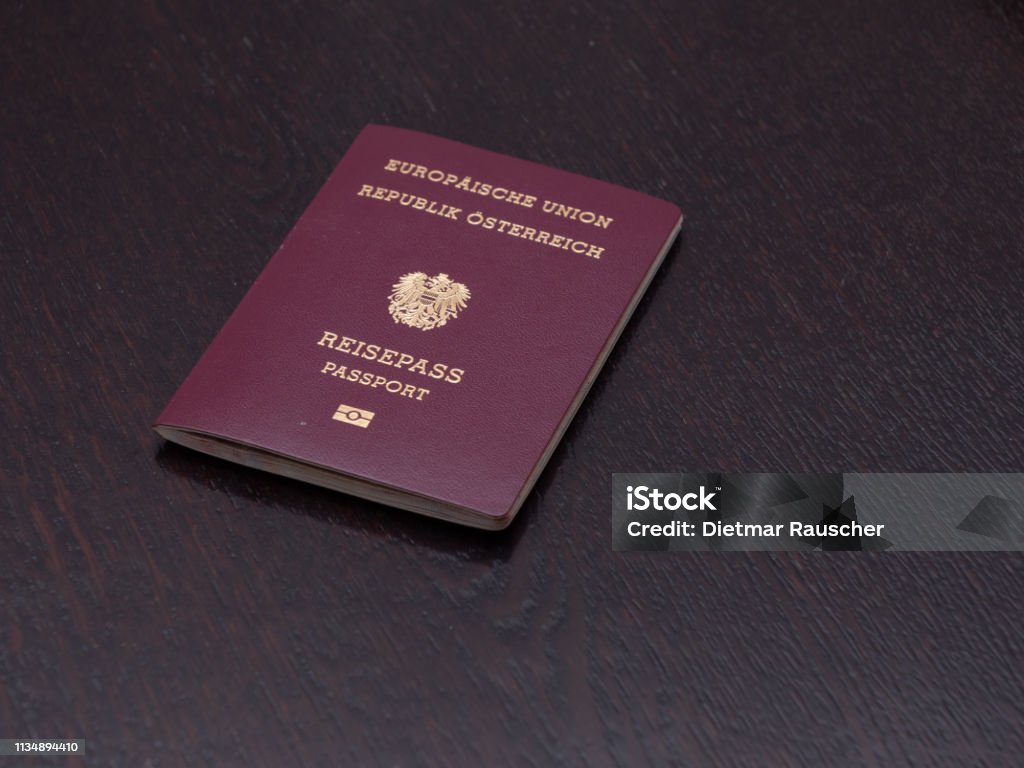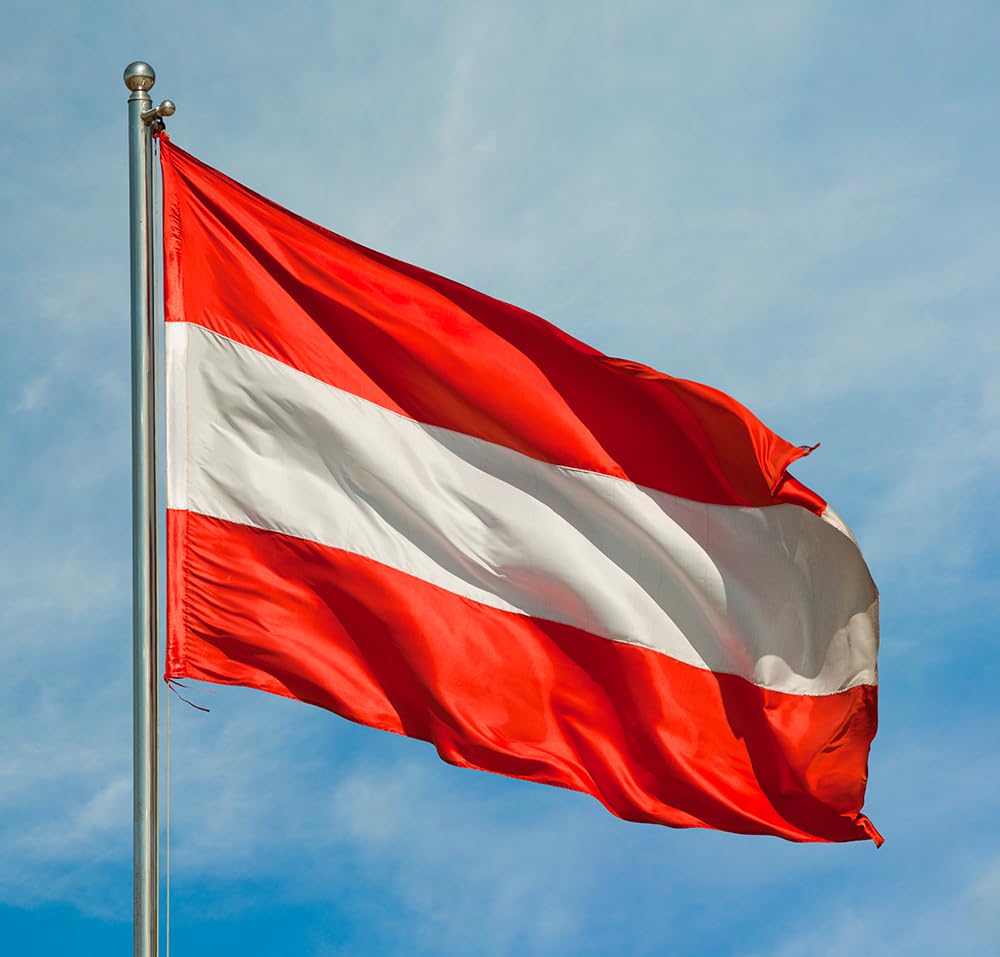Bulgaria is a diverse country with a rich culture and a long history. It is located in Southeastern Europe, and its official language is Bulgarian, which is spoken by the majority of the population. However, there are also significant minority groups, such as Turkish, Roma, and Macedonian, who speak their languages. The linguistic barriers in Bulgaria can pose challenges to communication, education, and employment opportunities for non-native speakers.

Language learning is an essential component of integration into Bulgarian society. It can help immigrants, refugees, and other non-native speakers to improve their communication skills, understand the culture, and access education and employment opportunities. However, learning Bulgarian can be challenging, especially for those who do not have a background in Slavic languages.
Obstacles to language learning in Bulgaria
You will find some of the barriers below.
Lack of resources for non-native speakers
One of the main obstacles to linguistic learning in Bulgaria is the lack of resources for non-native speakers. Although there are dialect schools and private tutors available, they can be expensive and may not be accessible to everyone. Moreover, the quality of vocabulary instruction can vary, and some teachers may not be adequately trained to teach Bulgarian as a second dialect.
The complexity of the Bulgarian language itself
Another challenge is the complexity of the Bulgarian language itself. Bulgarian is a Slavic language, which means it has a different grammar and vocabulary from most other European languages. It has a complex verb system with six tenses, three moods, and various aspects, which can be difficult for non-native speakers to master. The Bulgarian alphabet is also unique, with 30 letters, including three vowels and consonants that do not exist in other languages.
Opportunities to learn Bulgarian
Despite these challenges, there are many benefits to learning Bulgarian. For one, it can help non-native speakers to communicate more effectively with Bulgarians, which is crucial for social interaction and integration. Learning Bulgarian can also help individuals to access education and employment opportunities that may otherwise be unavailable to them. Additionally, learning Bulgarian can deepen one’s understanding and appreciation of Bulgarian culture, which is rich in history, art, and literature.
To overcome the language barriers in Bulgaria, there are several initiatives and programs available for non-native speakers. For instance, the Bulgarian government offers language courses for foreigners through the Ministry of Education and Science. These courses are available in different levels, from beginner to advanced, and can be taken in person or online. Additionally, there are private language schools and language exchange programs that can help individuals to improve their Bulgarian language skills.
Another initiative is the use of technology to facilitate vocabulary learning. There are numerous language learning apps and websites available that can help non-native speakers to learn this dialect on their own. These resources provide interactive lessons, quizzes, and exercises to help learners improve their vocabulary, grammar, and pronunciation. Moreover, technology can also facilitate communication between non-native speakers and native speakers, which can be beneficial for language practice and cultural exchange.
Conclusion
In conclusion, linguistic barriers can pose significant challenges for non-indigene speakers in Bulgaria. Learning this dialect is essential for social integration, education, and employment opportunities. However, linguistic learning can be challenging, given the complexity of their language and the limited resources available for non-indigene speakers. Nevertheless, there are initiatives available that can help non-indigene speakers to improve their Bulgarian linguistic skills, including linguistic courses, private linguistic schools, linguistic exchange programs, and technology-based language learning resources. By overcoming linguistic barriers, non-indigene speakers can better connect with society, deepen their understanding of the culture and access opportunities that can improve their quality of life.
You may also find these articles helpful
Living in Bulgaria – Expat life
Moving to Bulgaria: Full relocation guide
Working in Bulgaria as an expat


